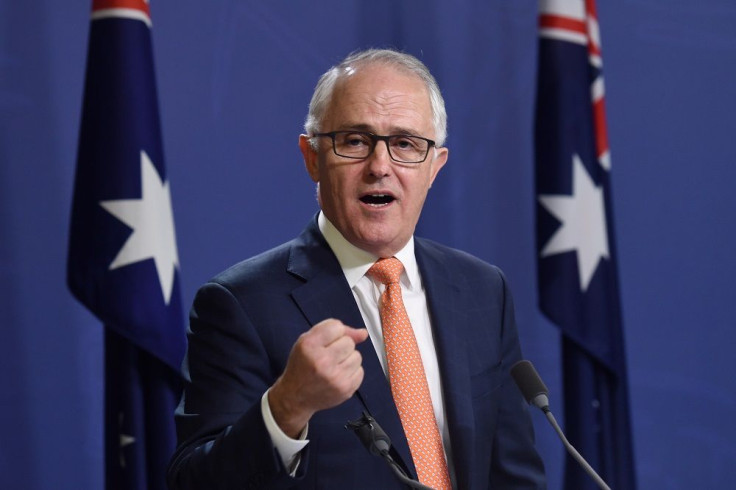PM Malcolm Turnbull urges political parties to 'protect themselves' from potential cyber security threats

Australian political parties are being urged to protect themselves from possible foreign cyber attacks. Prime Minister Malcolm Turnbull will be holding a cyber security briefing for political parties in Canberra in February.
The Australian Signals Directorate has been asked by Turnbull to brief the leaders across all political parties on potential cyber security threats and how one can keep themselves vigilant and protected. The briefing has been scheduled for when parliament resumes. Christian Porter, Chris Bowen and Cory Bernardi have reportedly been victimised in an internet security breach.
The plan to hold a briefing comes in the wake of a report issued by the United States asserting Russia’s interference in the 2016 US election. The report – jointly prepared by the Federal Bureau of Investigation, the National Security Agency and the Central Intelligence Agency – claims that Russia had tried to influence the election by hacking into the Democratic National Committee email accounts.
“We have to make sure we’re protecting our democracy, that’s what this is about,” Assistant Minister for Cyber Security Dan Tehan said, speaking with 2GB radio. “The Prime Minister is going to make sure all political parties, all political organisations are aware of the threat, so that they can do what they need to do to protect themselves to make sure our democracy continues to function unhindered by the influence of outside actors.”
Tehan emphasised on the need to remain on the lookout for any cyber breaches. As reported by the Australian, he also expressed concern regarding the upcoming Western Australia and Queensland elections. “The use of cyber to maliciously influence the democratic process is a recent development in statecraft and we need the proper protections in place in Australia to prevent it happening here,” he said.
Cyber breaches have been carried out against the Federal Government in the past. Last year, Chinese-based hackers had breached Austrade and the Defence Department's elite research division, the Defence Science Technology Group. In another foreign attack, malicious software was installed into the Australian Bureau of Meteorology's computer system to hack into confidential documents. As a result, other government departments had possibly been compromised.
“The danger here is that the technology changes so rapidly and so quickly that you always have to be changing what you’re doing to protect yourself,” Tehan said. “As soon as you stand still in this area you’re going backwards. We’ve got to make sure we continue to evolve with the technological changes.”




















